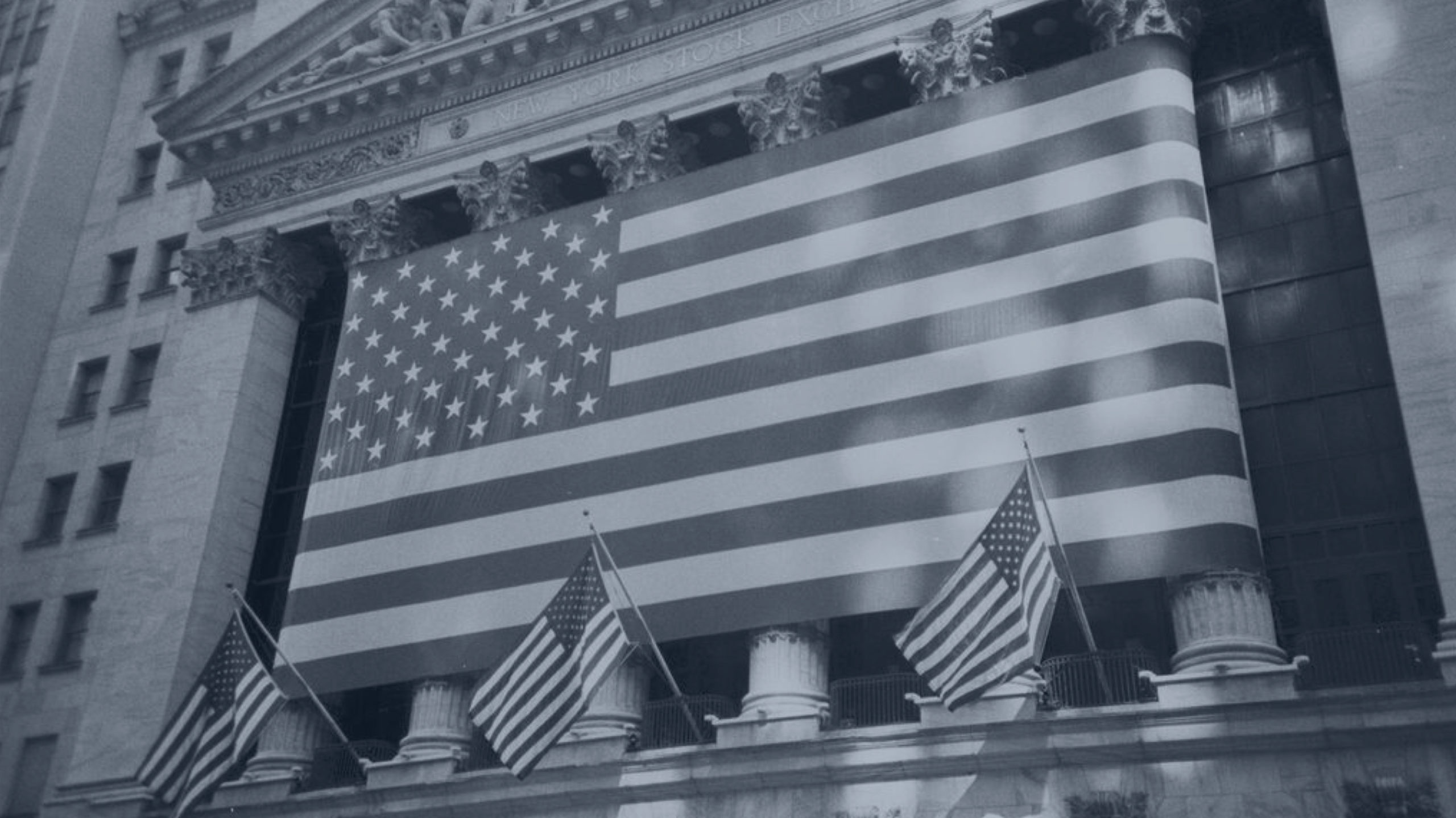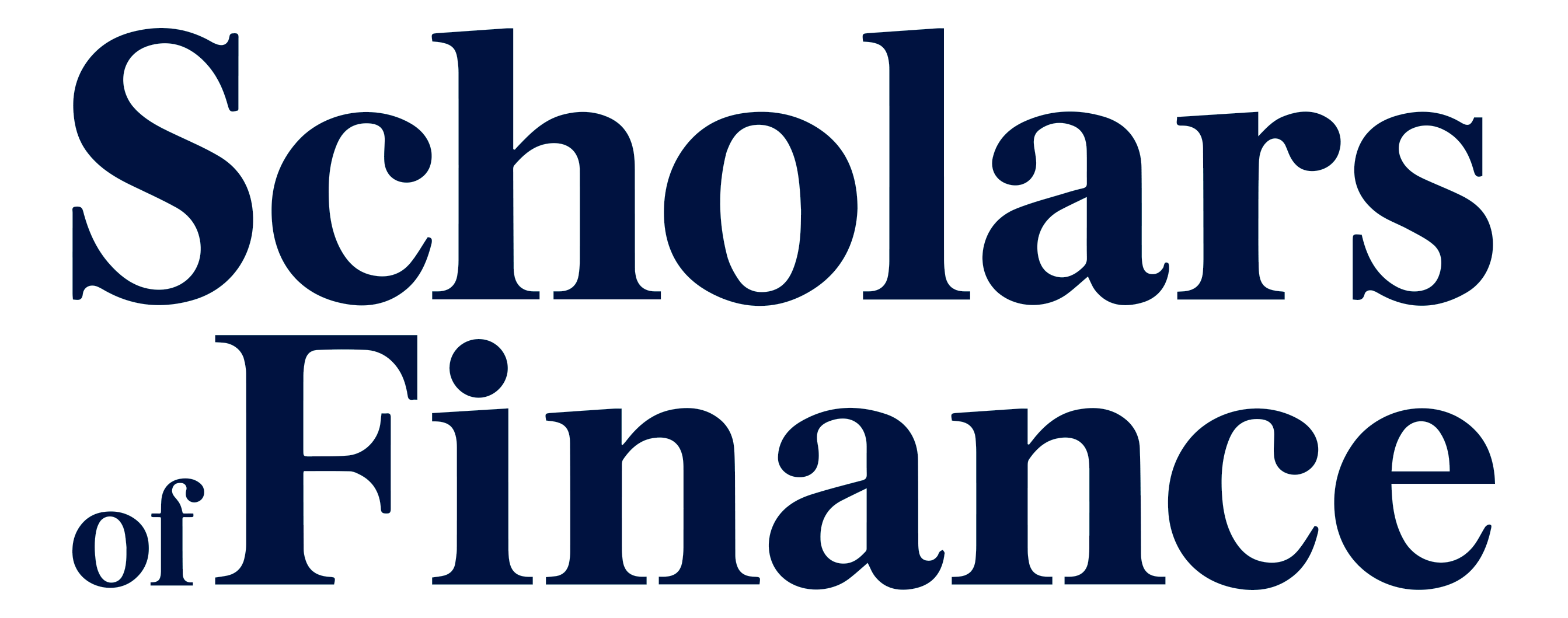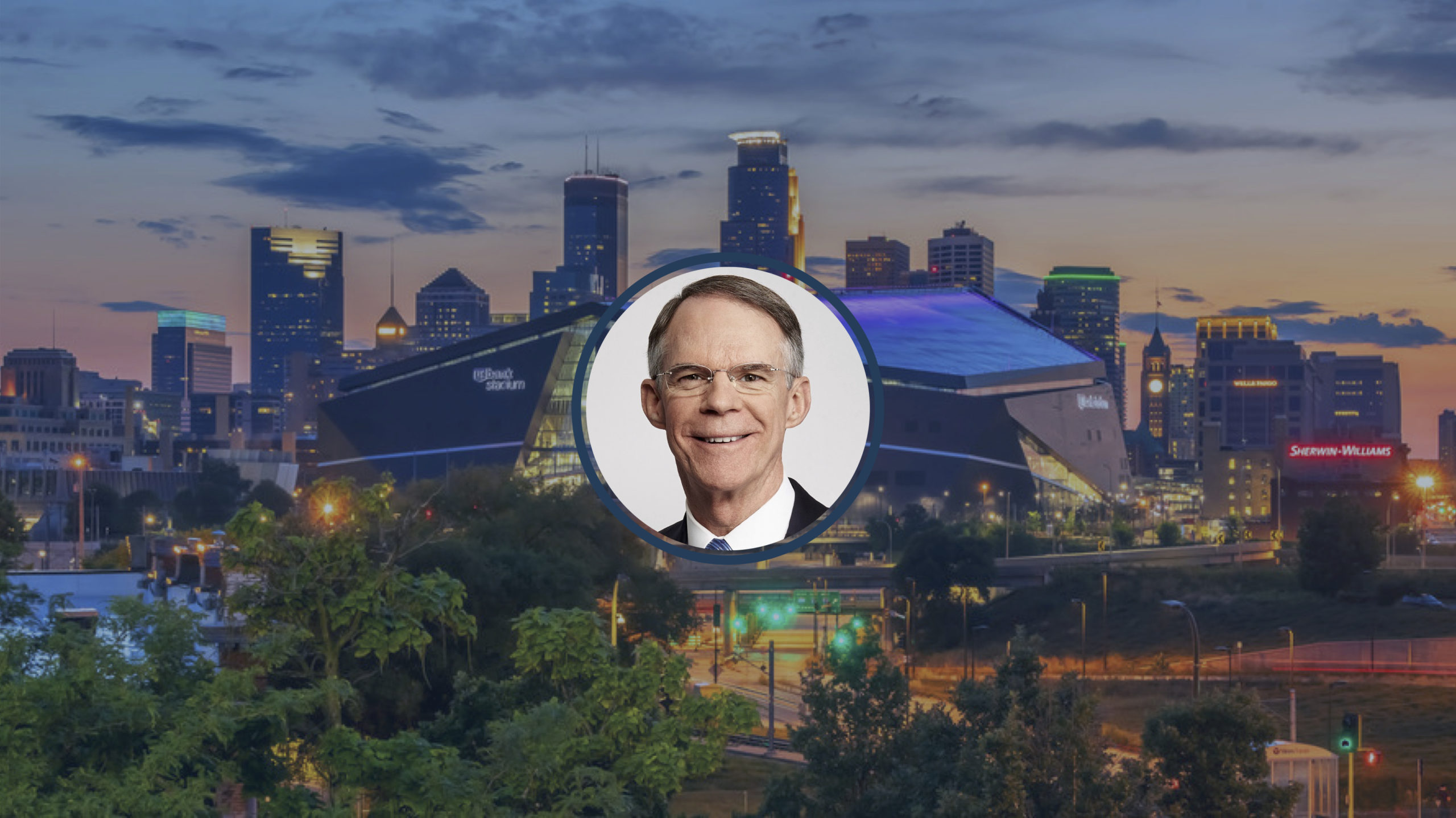
As an active member of Scholars of Finance, I have learned about the importance of having core values in decision-making and everyday life. One of our core values at Scholars of Finance and our Value of the Month for February was Impact. As the COVID-19 pandemic drags on, Congress recently passed a $1.9 trillion stimulus known as the American Rescue Plan Act of 2021. President Biden signed the bill on March 11th and it acts as another COVID-related stimulus that will impact the lives of American citizens and influence our economic trajectory.
On the surface, a bill intended to help others during a time of need sounds like it would receive bipartisan support after a year-long crisis. However, for the American Rescue Plan Act of 2021, that is not the case.
Primary Provisions
The American Rescue Plan Act of 2021 aims to address many issues ranging from unemployment, small business assistance, vaccine rollout, education, and a range of others including:
- $1,400 direct payments for individuals making up to $75,000/year and couples making up to $150,000/year (being phased out at $80,000/year and $160,000/year)
- An extension of $300/week in unemployment benefits up until September 6th
- Household relief of up to $3,600 per child for families with children
- $350B in state and local aid
- $15B to assist small businesses through the Emergency Injury Disaster Loan Program
- $125B in aid to K-12 schools to reopen
- Tens of billions in funding for a nationwide COVID-19 vaccination program
- And many more
However, the bill sparked debate in Congress over the enacted shortcuts and its $1.9 trillion price tag.
Political Opposition
The road to legislation for the American Rescue Plan Act of 2021 was far from smooth. The bill faced opposition from Republicans and some Democrats citing their disapproval of Democrats’ use of the budget reconciliation process bypassing the Senate filibuster to pass the bill and its expensive nature. Senate Minority Leader Mitch McConnell (R-Ky.) has stated that the proposed stimulus is “wildly expensive” and “largely unrelated to the problem”. Jared Golden, a House Democrat from Maine, voted against the bill, defending his vote stating, “I won’t support trillions more in funding that is poorly targeted or in many cases not necessary at this moment in time”. The high cost of the bill has been the main issue Democrats faced in getting it passed, however, the bill received a lot of support from the Democratic party.
Democratic Support
Despite Republican opposition, most Democratic leaders voiced their support for the bill. Senator Bernie Sanders (I-Vt.) has described the bill as “The most significant piece of legislation to benefit working families in the modern history of this country.” House Speaker Nancy Pelosi (D-Ca.) also stated that the bill “Goes a very long way to crushing the virus and solving our economic crisis.” Democrats who supported the bill cited its significance after a year-long crisis and as a preventative measure for the future.
Next Steps
On March 6th, the Senate passed its version of the bill – which did not include the initial $15/hr minimum wage proposal after it was struck down by the Senate Parliamentarian – in a party-line vote. Democrats then successfully passed the bill in the House with another primarily party-line vote on March 10th, and President Biden signed the bill into law on Thursday, March 11th. With the current round of unemployment benefits from December’s stimulus running out in the next couple of weeks, President Biden aims to “Get checks out the door starting this month to the Americans that so desperately need the help” in what will be the third round of stimulus checks since the pandemic started.
The Effects on the Economy and Markets
With the economy still recovering from the COVID-19 pandemic that caused an economic shutdown about a year ago, the purpose of a stimulus such as this one is to accelerate economic and GDP growth to get the economy back on track. In addition to the stimulus bill, Chairman of the Fed, Jerome Powell, stated that the Central Bank does not plan to raise interest rates (currently at a record low 0.25%) any time soon. However, the proposed stimulus coupled with a relaxed monetary policy from the Fed has raised some concern about inflation and its spillover effects into the bond and stock market.
One voice of concern comes from Former Treasury Secretary Lawrence Summers. Summers recently stated in an Op-Ed article that “The proposed Biden stimulus is three times as large as the projected shortfall. Relative to the size of the gap being addressed, it is six times as large”. His article raises a cautionary warning of inflation which has been reflected in the rising yields of treasury bonds in recent weeks and a decline in tech stocks. However, Nobel Laureate, Paul Krugman, responded by stating that the recession caused by the COVID-19 pandemic should be considered “A natural disaster than a normal recession,” and that any fiscal stimulus should be viewed as necessary “Disaster relief”. Krugman additionally argues that concerns over inflation are exaggerated, as stimulus checks are likely to be saved and not immediately spent, therefore providing consumers with stability and expanding their capabilities for future spending.
On Wednesday, March 10th, the Dow Jones Index reached new highs breaking 32,000 showing signs of delight at the bill’s passage in the House, and continued to reach record-highs on Thursday. However, the effects of the stimulus on the economy will not be immediately observable. In the coming months, economists will be on the lookout for several indicators such as unemployment, treasury yields, inflation, vaccine rollout, and many others. Monitoring these trends will influence whether or not the Fed will have to take action and raise interest rates earlier than anticipated if inflation gets out of control.
Conclusion
Is a $1.9 trillion bill a necessary relief needed to provide citizens and the economy with the support they need, or should the inflationary concerns take precedence? As we have seen, it is up for debate.
Nonetheless, as a member of Scholars of Finance, I know that my decisions impact those around me. Although they may not be as large-scale as those of politicians and financial leaders, having a values-based approach has undoubtedly helped guide my decision-making. Learning how to implement the values of Integrity, Compassion, Humility, Curiosity, and Courage into my decision-making has enabled me to achieve another core value — Impact. For politicians deciding on the American Rescue Plan Act of 2021, reflecting on their values and their responsibilities as public servants to citizens hopefully helped guide them in their decisions and best serve the country. By upholding the values of Curiosity and Compassion, politicians can seek to understand society’s needs and act accordingly. With Humility, they will be able to reflect upon the responsibilities they accepted and their role to serve on behalf of the greater good of all people. Through Courage and Integrity, they can build trust through honesty and speak up for what is right. Altogether, enabling them to have a positive Impact on the people they serve. As the world and society continue to evolve, I urge everyone to reflect on the impact they have had, wish to make, and the legacy they want to leave behind.
“I believe I have a personal responsibility to make a positive impact on society.”
— Dr. Anthony Fauci
Sources:
- https://www.cnbc.com/2021/03/10/stimulus-update-house-passes-1point9-trillion-covid-relief-bill-sends-to-biden.html
- https://www.cnbc.com/2021/03/06/covid-relief-biden-says-stimulus-checks-coming-this-month-after-bill-passes.html
- https://abcnews.go.com/alerts/coronavirus-economic-impacts
- https://www.cnn.com/politics/live-news/stimulus-update-us-relief-bill-03-06-21/index.html
- https://www.brookings.edu/blog/up-front/2021/01/28/the-macroeconomic-implications-of-bidens-1-9-trillion-fiscal-package/
- https://www.forbes.com/sites/jonathanponciano/2021/03/11/dow-jumps-another-100-points-19-trillion-stimulus-plan/?sh=22a89193104f
- https://www.bloomberg.com/news/articles/2021-03-06/bond-traders-go-all-in-on-u-s-treasury-market-s-big-short-bet
- https://www.washingtonpost.com/opinions/2021/02/04/larry-summers-biden-covid-stimulus/
- https://www.newsweek.com/house-democrat-jared-golden-defends-voting-against-wasteful-19t-relief-bill-1572585
- https://www.bloomberg.com/news/articles/2021-02-12/summers-and-krugman-debate-stimulus-here-s-a-blow-by-blow-account
- https://www.palmbeachpost.com/story/opinion/columns/more-voices/2021/02/09/paul-krugman-defends-bidens-plan-big-covid-relief-package/4435331001/












Recent Comments